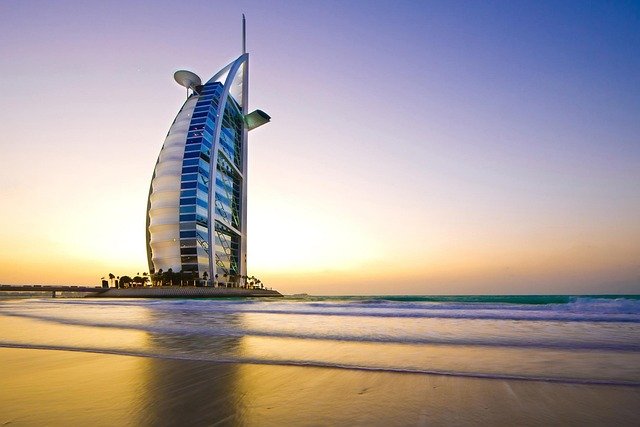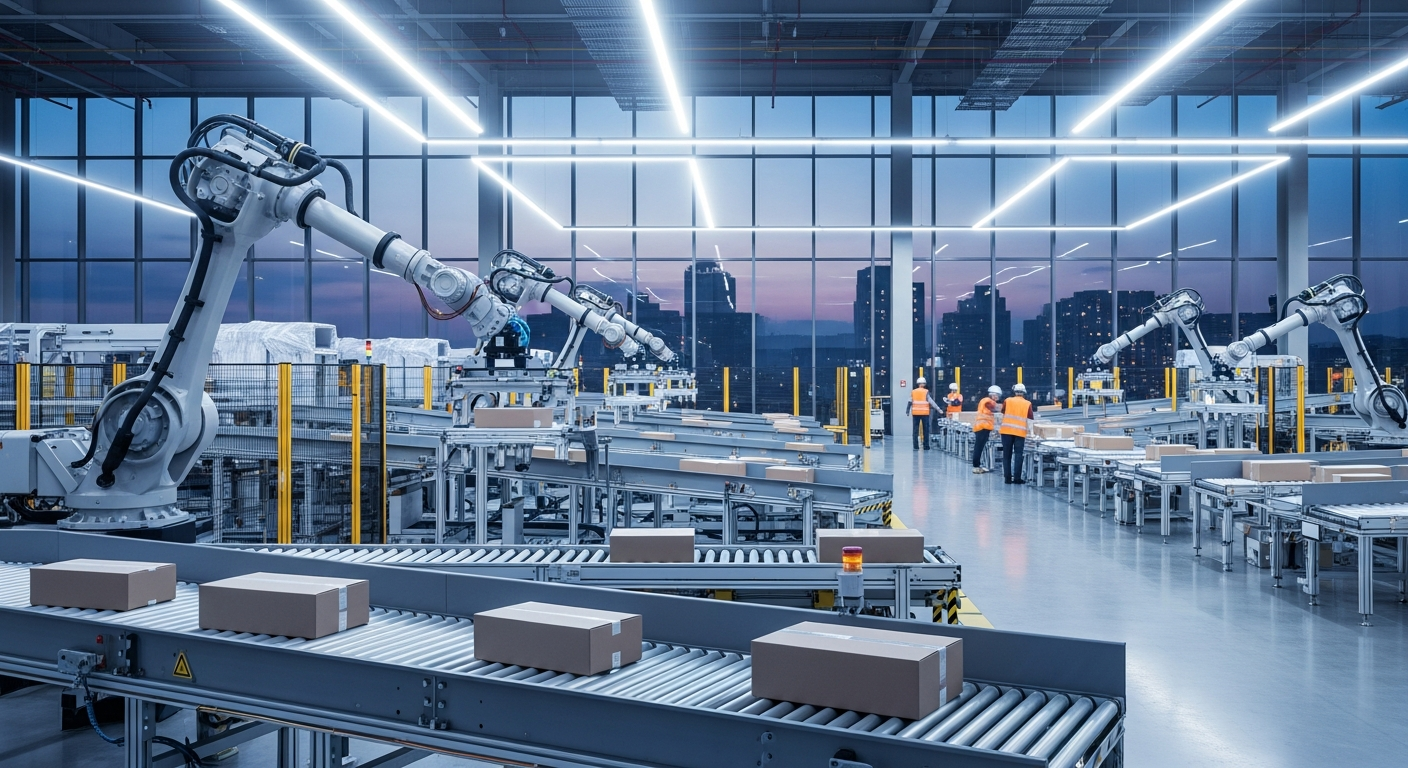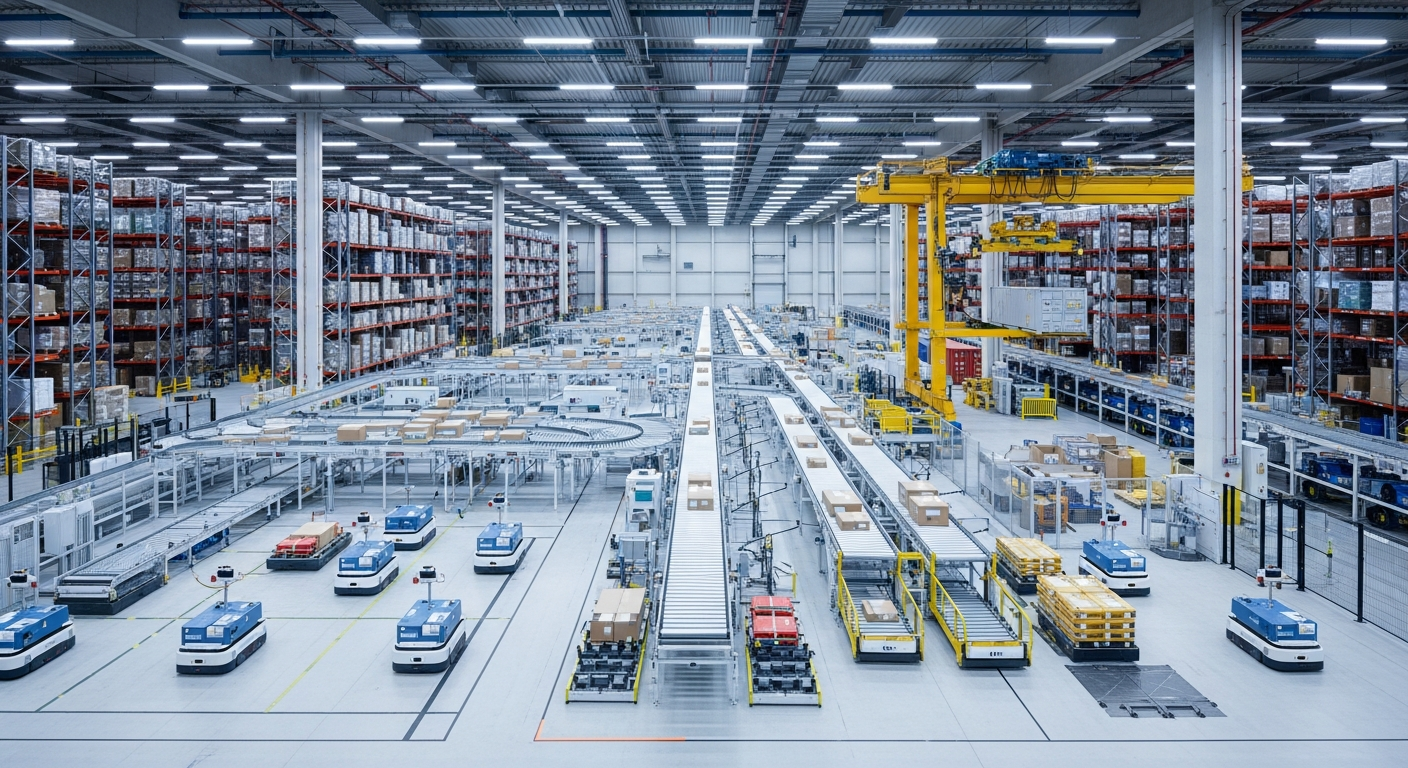Floating Hotels: Where Luxury Meets Ocean Waves
The gentle sway beneath your feet, panoramic ocean vistas stretching to the horizon, and the distinctive sensation of being completely surrounded by water – floating hotels represent one of hospitality's most innovative frontiers. These architectural marvels combine cutting-edge design with environmental considerations to create accommodations that literally rise and fall with the tides. Unlike traditional cruise ships focused on transportation, floating hotels remain anchored in prime locations, offering guests extended stays in uniquely aquatic environments. From the azure waters of the Maldives to urban harbors in global capitals, these distinctive properties are redefining what it means to have a room with a view. The concept blends centuries-old traditions of life on water with modern luxury demands, creating experiences impossible to replicate on land.

The Evolution of Aquatic Accommodations
Humans have sought ways to live harmoniously with water for millennia. From the floating villages of Southeast Asia to European houseboats, communities worldwide developed functional solutions for aquatic living. Traditional floating homes in places like Cambodia’s Tonle Sap Lake evolved primarily from necessity – fishermen needing proximity to their livelihood while adapting to dramatic seasonal water level changes. What began as practical solutions transformed over centuries into cultural landmarks.
The modern floating hotel concept emerged more formally in the late 20th century. The pioneering Five-Star Floating Hotel in Australia’s Great Barrier Reef opened in 1988, though it later relocated to Vietnam. This early venture highlighted both the possibilities and challenges of large-scale water-based accommodations. Unlike their utilitarian predecessors, these new properties focused on luxury and experiential tourism, targeting travelers seeking novel experiences rather than practical housing solutions.
The 2000s saw rapid evolution in design and sustainability approaches. Engineers developed more stable floating platforms, architects embraced biophilic design principles, and hoteliers recognized the premium appeal of exclusive water-based accommodations. Today’s floating hotels range from converted oil rigs to purpose-built luxury resorts with underwater suites, representing significant engineering achievements while delivering unforgettable guest experiences.
Architectural Innovations on Water
Designing buildings that float successfully requires overcoming numerous technical challenges. Stability remains paramount – guests expect solid footing despite natural water movement. Engineers employ various foundation systems including concrete pontoons, reinforced platforms, and sophisticated ballast systems to maintain equilibrium. The shape of underwater structures significantly impacts stability, with wider, flatter bases providing greater resistance to wave action.
Materials selection proves equally crucial. Designers must balance weight considerations with durability against constant water exposure and corrosion. Modern floating hotels incorporate marine-grade stainless steel, specialized treated woods, advanced composites, and recycled plastics. These materials must withstand not only water but also extreme weather events and marine growth accumulation that can compromise structural integrity over time.
The architectural aesthetic of floating hotels often celebrates their aquatic setting through panoramic windows, transparent floors, and open-air designs that maximize water visibility. Leading examples include the Punta Caracol Acqua Lodge in Panama with its solar-powered overwater bungalows and the futuristic Anthenea pod homes – autonomous floating suites featuring underwater observation domes. Most impressive may be Conrad Maldives Rangali Island’s Muraka residence with its full underwater master bedroom suite encased in transparent acrylic, offering immersive marine viewing without diving equipment.
Sustainable Practices in Floating Hospitality
Water-based accommodations face unique environmental challenges requiring innovative sustainability solutions. Forward-thinking properties have transformed these challenges into opportunities for ecological leadership. Energy generation presents a primary concern, with many locations lacking traditional grid connections. Solar panels, wind turbines, and wave energy converters increasingly power these properties, with the King Pacific Lodge in British Columbia operating entirely on renewable energy sources.
Water management systems demonstrate similar ingenuity. Advanced filtration technology enables some properties to process seawater for guest use, while sophisticated treatment systems handle wastewater without environmental discharge. The 4 Rivers Floating Lodge in Cambodia employs biodigesters that convert organic waste into usable biogas for cooking, demonstrating circular economy principles in action.
Conservation programs often become central to guest experiences at floating properties. The Salt & Water Catamaran Apartment complex incorporates artificial reefs into its structural foundations, creating marine habitats while stabilizing the floating platform. Guests at many locations participate in reef monitoring, marine species counts, and habitat restoration projects. This integration of conservation into operations helps justify the environmental footprint while educating travelers about fragile aquatic ecosystems.
Notable Floating Destinations Worldwide
Asia leads in floating hotel development, particularly in island nations with limited buildable land. The Maldives features numerous options, including Soneva Jani with its retractable roofs for stargazing and water slides descending directly from overwater villas. Japan’s Guntû functions as a floating ryokan in the Seto Inland Sea, combining traditional Japanese aesthetics with contemporary design across its 19 minimalist suites – each featuring private terraces positioned just above the water line.
Europe offers distinctive urban floating experiences, particularly in Scandinavian cities with progressive water management approaches. Copenhagen’s CPH Living hotel occupies a converted barge in the harbor district, while Amsterdam hosts multiple floating hotels including the modern Botel and the repurposed BOTEL. These properties provide immersion in historic maritime districts while demonstrating adaptive reuse of waterfront infrastructure.
North America features wilderness-oriented floating experiences like Canada’s Great Bear Lodge in British Columbia – accessible only by floatplane and offering world-class wildlife viewing opportunities. Meanwhile, the recently launched Arctic Bath in Swedish Lapland demonstrates how floating structures can function even in extreme environments, with its circular design allowing it to freeze into winter ice while providing dramatic Northern Lights viewing opportunities.
The Future of Floating Accommodations
Technological advances continue expanding possibilities for floating hospitality. French architect Jean-Michel Ducancelle’s solar-powered Anthenea pods represent self-contained floating accommodations capable of relocating as needed – potentially allowing guests to “drive” their hotel room to different locations. Dutch engineering firm Waterstudio specializes in larger-scale floating developments, currently working on entire floating neighborhoods with hotels as anchor properties.
Climate adaptation increasingly motivates floating construction. As coastal cities face rising sea levels, floating infrastructure offers resilience against changing conditions. The Maldives government has partnered with Dutch Docklands to develop the Maldives Floating City – a planned community including residential areas, schools, and hotels designed to rise with sea levels rather than becoming submerged. This approach may provide templates for vulnerable coastal tourism destinations worldwide.
Market research indicates growing consumer interest in these properties, particularly among experience-focused travelers seeking novel accommodations. Industry analysts project significant expansion in floating hotel inventory over the next decade, with established hospitality brands including Marriott and Four Seasons developing floating properties to complement their land-based portfolios. The combination of exclusivity, environmental awareness, and unique guest experiences positions these properties perfectly for luxury travelers seeking meaningful, photogenic stays.
Essential Knowledge for Floating Hotel Guests
-
Book during shoulder seasons for both better rates and calmer waters – excessive movement during stormy periods can trigger motion sensitivity even in anchored floating properties.
-
Pack polarized sunglasses to reduce water glare, which can be intense due to reflection from surrounding water surfaces.
-
Understand privacy limitations – sound travels surprisingly well across water, and neighboring units may be closer than they appear.
-
Check connectivity expectations before arrival; many remote floating properties have limited internet bandwidth despite luxury positioning.
-
Review transportation logistics carefully as many floating hotels require boat transfers with strict schedules and weight limitations for luggage.
-
Select lower-level accommodations if you have mobility concerns; many floating properties have multiple levels without elevator access.
-
Consider potential for seasickness even on stationary floating structures – bring appropriate medication if you’re sensitive to motion.
-
Research environmental policies before booking to ensure they align with your values; some “floating” properties may impact sensitive marine habitats.
As travelers increasingly seek extraordinary experiences, floating hotels offer genuinely distinctive perspectives impossible to replicate on land. These aquatic accommodations transform the fundamental hospitality promise by literally immersing guests in their environment. More than novelty attractions, they represent thoughtful responses to environmental challenges while delivering unforgettable stays. Whether you’re watching marine life through a transparent floor, falling asleep to gentle waves beneath your bed, or witnessing sunrise across uninterrupted horizons, floating hotels deliver travel memories of remarkable depth. Their continued innovation promises even more extraordinary possibilities for experiencing our planet’s water-dominated surface in comfort, style and environmental harmony.






